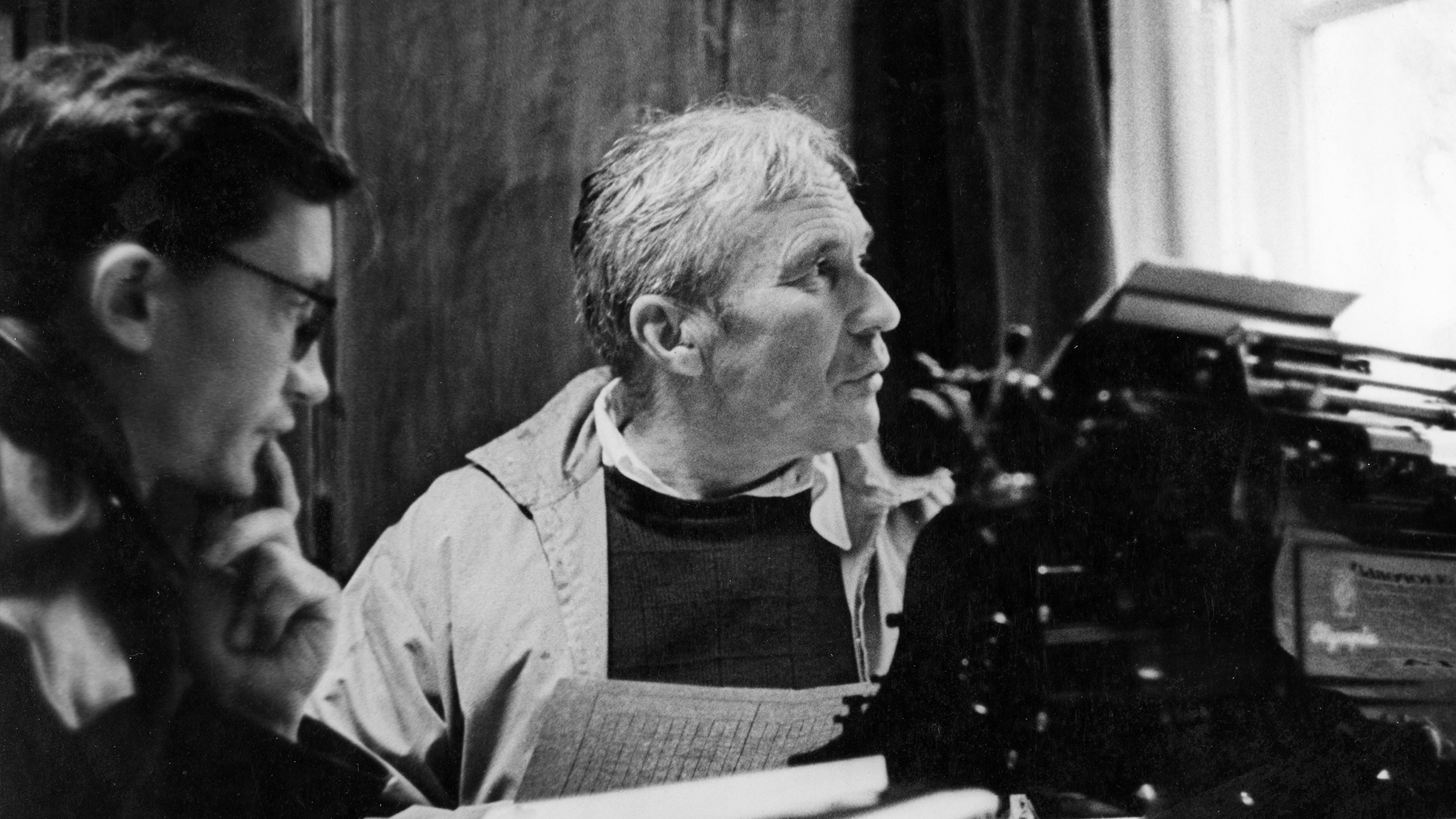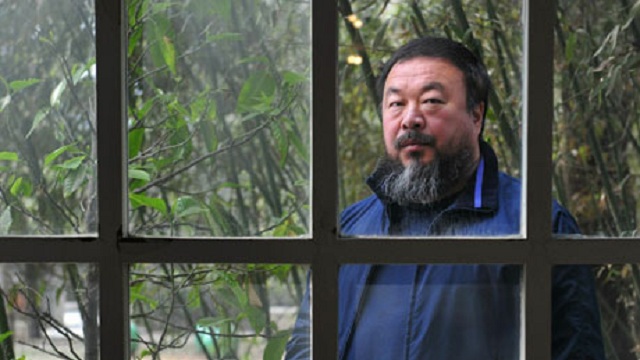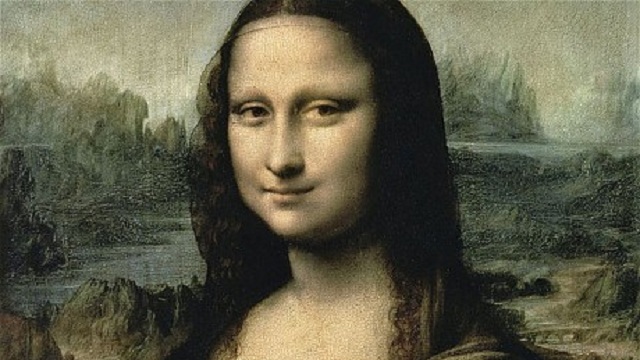Shelley in Egypt: How a British Poem Inspired the Arab Spring

“Poets are the unacknowledged legislators of the world,” Percy Shelley wrote in 1821. Not surprisingly, this claim has earned some snickers from people who think of poets as barely able to legislate their own grooming habits. Fellow writers have made fun of it, too: in the twentieth century Auden shot back, “‘The unacknowledged legislators of the world’ describes the secret police, not the poets.”
But Shelley was speaking metaphorically, of course, and also fairly broadly; his general point was that language is the decisive force in human affairs. Culture, religion, and politics derive from narrative, myth, and rhetoric—and all of these things derive from “poetry,” that is, memorable figurative language.
Even if you interpret Shelley’s words in the narrowest sense possible—“Verse writers are the secret movers and shakers of global politics”—you’ll find that Shelley himself, more than almost anyone else, has proven them true. Don’t believe me? Look up his poem “The Masque of Anarchy,” which, although now largely forgotten, has sparked some of the most sweeping historical changes of the past two centuries.
“Masque” was written in response to the Peterloo Massacre of 1819, in which British troops attacked a defenseless crowd of citizen protesters. The poem urges the “Men of England” to rise up—and stand still—against tyranny:
Let a vast assembly be,
And with great solemnity
Declare with measured words that ye
Are, as God has made ye, free.
…
Stand ye calm and resolute,
Like a forest close and mute,
With folded arms and looks which are
Weapons of unvanquished war,
And let Panic, who outspeeds
The career of armed steeds
Pass a disregarded shade
Through your phalanx undismayed.
Is this the world’s greatest poem? Not by a long musket shot—it’s nowhere close even to Shelley’s best work. The diction and imagery are archaic bordering on stale, the verse chimes along predictably, and the tone is earnestly polemical. But the poem does offer one important innovation: it’s a description of a nonviolent protest, written before the term had ever been used or the tactic ever attempted.
“Masque” isn’t read or taught much these days, but when it was first published in 1832, it reached an audience on both sides of the Atlantic. One of its American readers was Henry David Thoreau, who had it in mind when, in the late 1840s, he wrote “Civil Disobedience”—the first great prose formulation of the concept of nonviolent resistance.
Thoreau’s essay, in turn, was taken up by Tolstoy, whose book The Kingdom of God Is Within You spread a Christianized version of the concept to millions of fervent readers. Then in the twentieth century came Gandhi, a leader openly influenced by Tolstoy, Thoreau, and Shelley’s poem, which he often recited to his own “vast assemblies.”
The rest is history—and the present. In the wake of Gandhi’s work came Indian independence, the American civil rights movement, Lech Walesa’s Solidarity…and in our own time, the predominantly peaceful protests that have toppled regimes in Tunisia and Egypt. Not a bad legacy for a poem that even some English professors wouldn’t know offhand.
Now, I’m not suggesting that all historical events stem directly from poetry, or that we should start scouring anthologies for potential solutions to world crises. (Actually, many well-known poets have been notorious political wingnuts—Ezra Pound creeps to mind.) I would argue, though, that Shelley’s “Masque” is far from an isolated case. Literature is often reduced in the general public’s eyes to a quaint academic pursuit, or a noble but remote spiritual undertaking, or a single specialty “genre” among many. Think of it instead as an underground cultural wellspring that bubbles up everywhere, from Hollywood (quick, name five great movies that aren’t adapted from books or plays) to political oratory, from our everyday turns of phrase to the extraordinary events of Tahrir Square.
Shelley was on the right side of an old literary argument, and his poem has consistently been on the right side of history. Maybe it’s time the man got a little acknowledgement.
[Images: Wikimedia Commons; Egypt photo courtesy user Essam Sharaf.]





